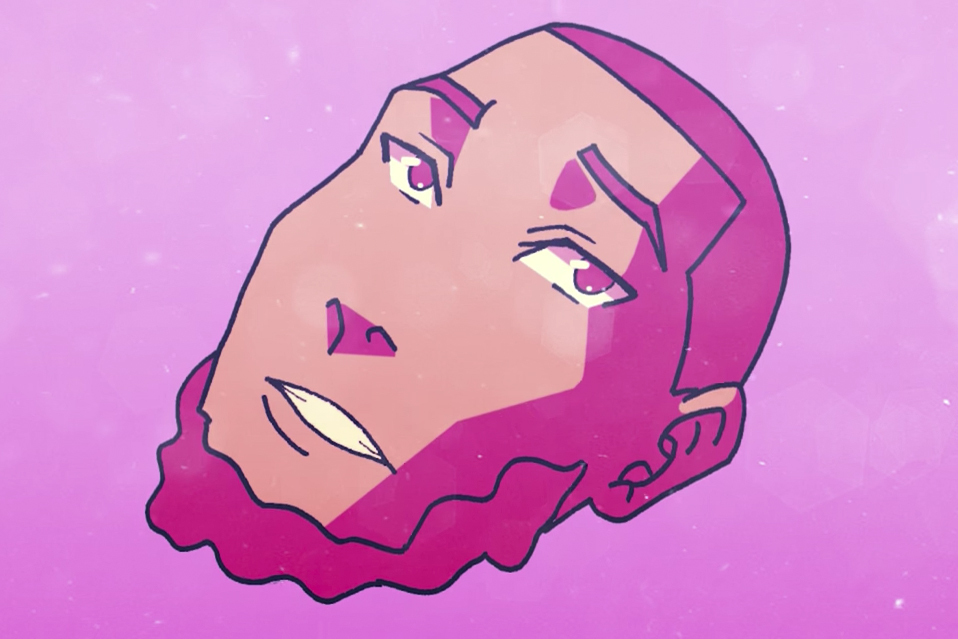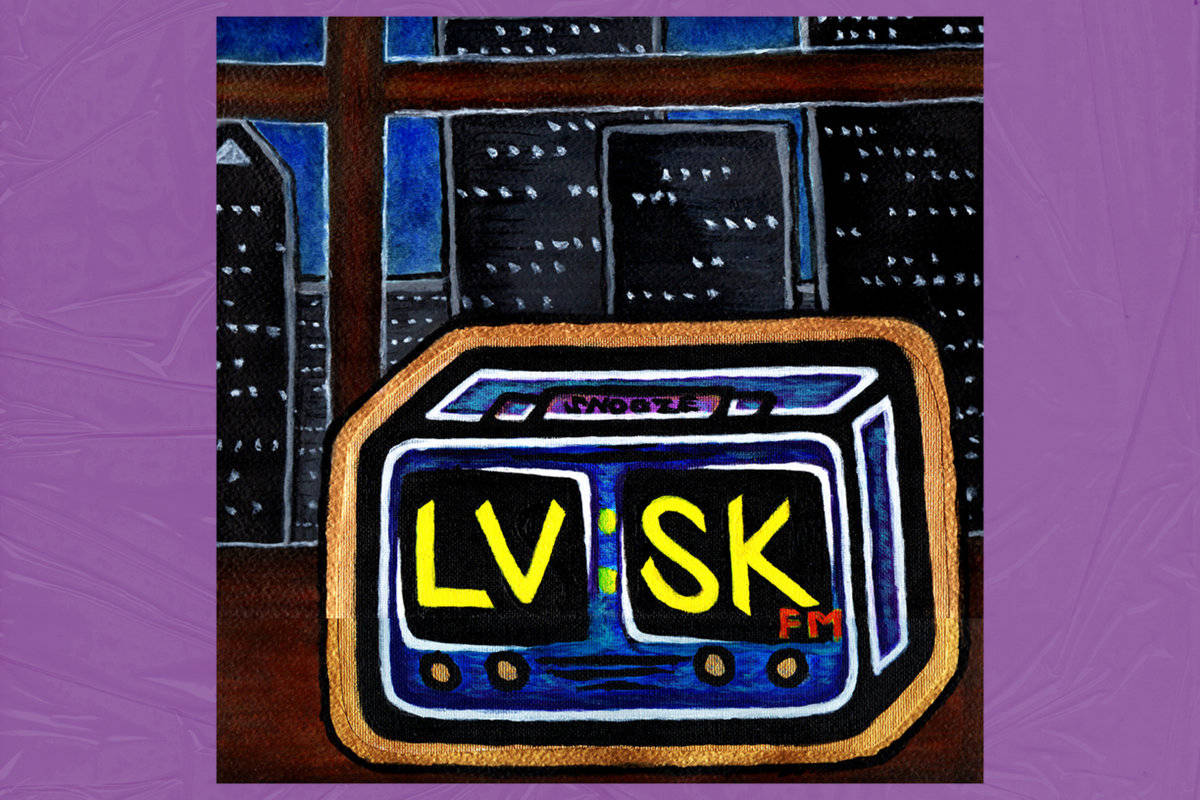At 24, Seattle MC J’Von has already compiled an impressive discography. One standout, 2015’s Raw Sheep, is a collaboration with Minneapolis producer Ackryte (signed to Soulection offshoot HW&W), released by Cascade Records in Paris. Beyond that, he’s also an established animator, responsible for a string of surreal, anime-influenced music videos accompanying his songs.
J’Von’s newest record, Potato, plays like an audio-art project portraying vivid images of life and love through a medley of sharp, cerebral verses, all set over a collage of raw, ethereal self-produced instrumentals. The project, described by the artist as “the mini-quest EP,” flows like a series of self-contained episodes, each track packed with multiple “scenes.”
In “Lil’ Dirt Puppy (Intro),” J’Von sets the tone for the record, jumping from a serene piano intro to an astute lyrical bar relating the significance of potatoes to his choice of minimalist production: “They wondering why the beat is so minimal, but he did it for principle/No distractions get your pals, and pick ’em how you be pickin’ potatoes from a pile/If you pick ’em out, you see how you can listen now?”
While the beats are austere, the song structures are complex. Many tracks contain multiple beats that completely switch up mid-song. “Lil’ Dirt Puppy,” for example, contains three separate beats supporting two individual verses.
J’Von very cleverly uses skits that mesh well with his conversational delivery. These skits, comprising pop-culture samples and conversations with himself, are slotted directly into songs rather than isolated as their own tracks. On “Teal Jacket,” his verse ends and the beat rides for about 30 seconds before fading out and fading back in with an audio excerpt from Good Times (a popular African-American sitcom from the ’70s). The next track, “Soda Can,” opens with the voice of Jimmie Walker (Good Times character J.J.) fusing the two tracks together. This smooth continuity is a hallmark of the record, seamlessly bridging songs throughout.
The record’s standout track, “Seattle Girl,” is a sagacious ode to a past lover whom he, ironically, refuses to make a song about. “I could make a song about you every tape,” he sings. “But it’d be a waste, because you don’t listen to my music anyway.” He tells the tale of the failed love over an unembellished instrumental consisting of plain guitar chords and subtle snaps. The track encapsulates J’Von’s unique approach here—simple instrumentals that keep the focus on his intricate lyrics, while crafty start-and-stop song structures hold your attention for the 21-minute journey of Potato.








